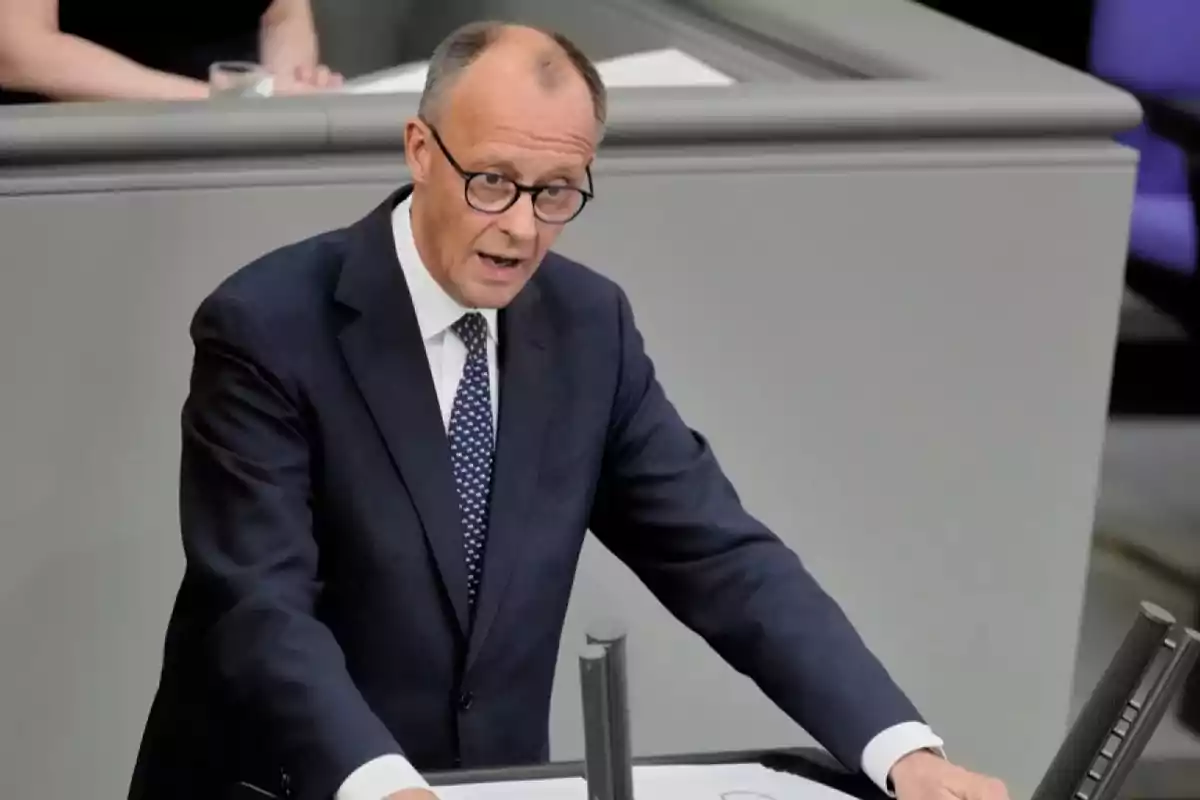
Germany carried out the largest military deployment outside its borders since WWII
For the first time since the end of World War II, the country carried out a military deployment outside its territory
This week, Germany marked a historic milestone by deploying a permanent military brigade for the first time since the end of World War II outside its borders.
The unit was officially inaugurated in Vilnius, the capital of Lithuania, in a ceremony led by German Chancellor Friedrich Merz, who stated: "The security of our Baltic allies is also our security."
This step represents a significant shift in German and European defense policy, in direct response to the threat from Russia following its large-scale involvement in the Ukraine war in 2022.
The new German brigade, called the 45th Armored Brigade, will be composed of about 4,800 soldiers, 200 civilians, and 2,000 vehicles, including tanks. It will be based in Rudninkai, near Vilnius, and is expected to be fully operational by 2027.
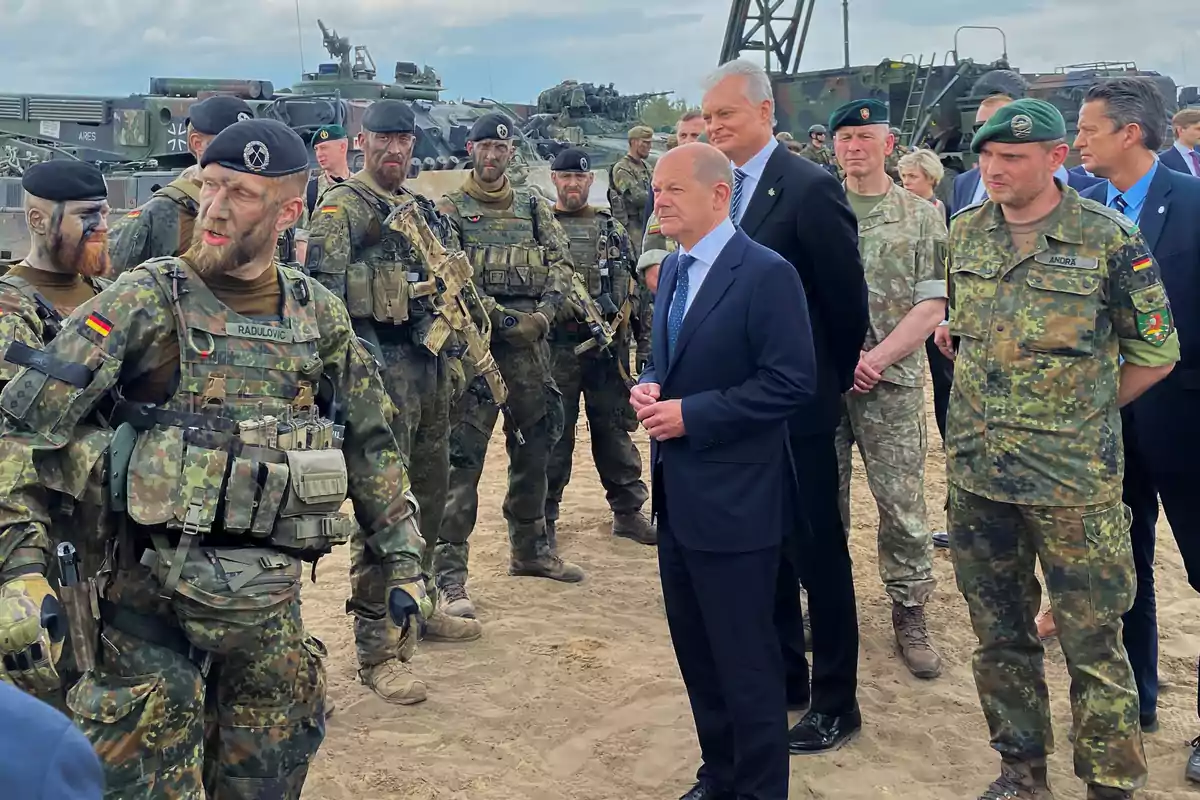
The deployment comes at a time of increasing tension in Eastern Europe. Lithuania, along with Estonia and Latvia, is one of the Baltic countries most exposed to potential Russian aggression, given its proximity to the Russian enclave of Kaliningrad and its shared border with Belarus, an ally of Moscow.
These nations are connected to the rest of NATO territory only by the narrow Suwałki Corridor, which increases their strategic vulnerability.
The President of Lithuania, Gitanas Nausėda, who accompanied Merz at the ceremony, noted that Russia and Belarus are already conducting military exercises on the border with his country. He also announced that Lithuania will increase its defense spending to 5% of GDP for the next year, as part of its effort to strengthen its military capabilities.
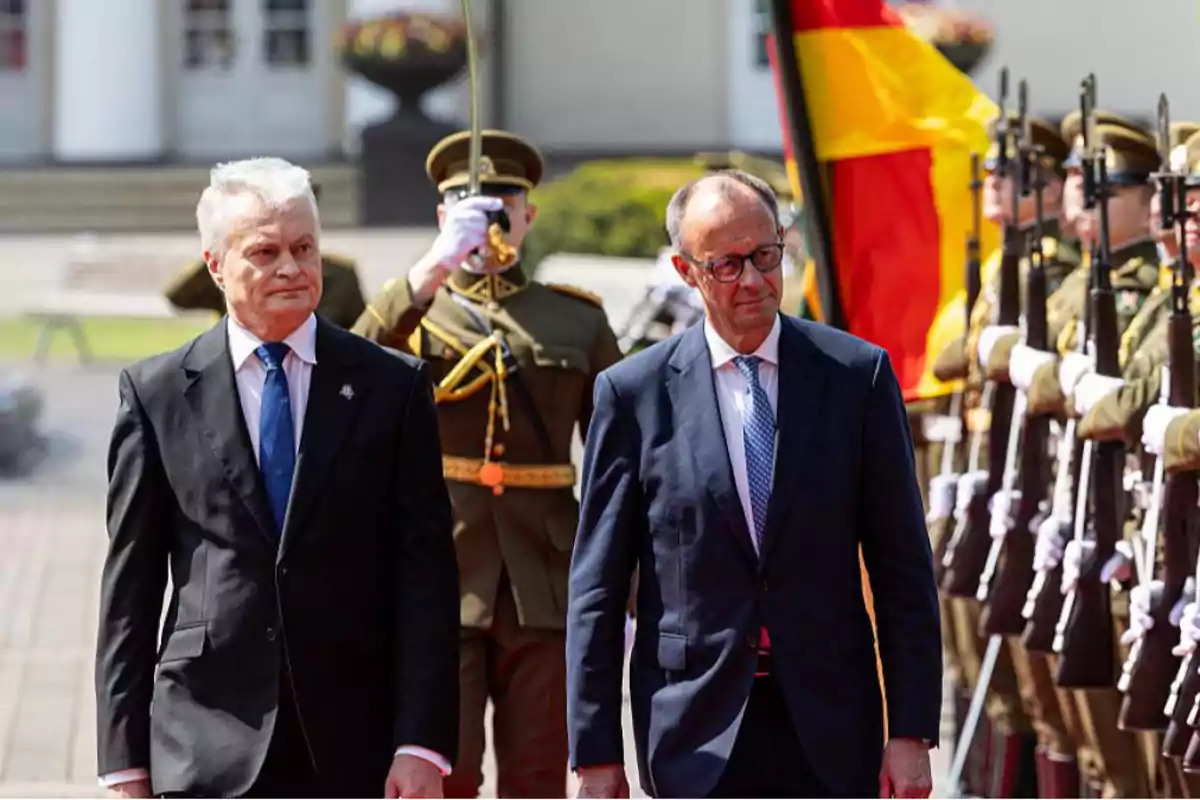
The German deployment symbolizes a significant evolution in European security policy, especially in the context of pressure from U.S. President Donald Trump, who has repeatedly urged European countries to take on greater financial and operational responsibility for their own defense.
Trump has accused countries like Germany of taking advantage of U.S. protection, even temporarily pausing military aid to Ukraine in March.
Chancellor Merz, from the Christian Democratic Union (CDU) party, has taken a firmer stance on the need for autonomous European defense. Since his electoral victory in February, he has declared that his priority is to strengthen Europe to achieve, step by step, true independence from the United States in terms of security.
Germany, according to Merz, plans to reach 5% of GDP in military investment by 2032, with 3.5% allocated to defense acquisitions and the remaining 1.5% to military infrastructure, such as roads, bridges, and ports.

Merz has also pushed for an expansion of military spending beyond what was achieved by his predecessor Olaf Scholz. Under Scholz, a special fund of 100 billion euros was created and the NATO-recommended defense spending target of 2% of GDP was reached.
Merz has gone further, advocating for lifting constitutional restrictions on borrowing to allow much greater investment in defense. In his first major speech to the Bundestag, he promised to build the "strongest conventional army in Europe."
The German decision comes at a time of uncertainty about the U.S. commitment to European defense. Although Trump has held talks with Vladimir Putin and rounds of negotiations have taken place between U.S., Ukrainian, and Russian diplomats, no significant progress has been made toward peace.
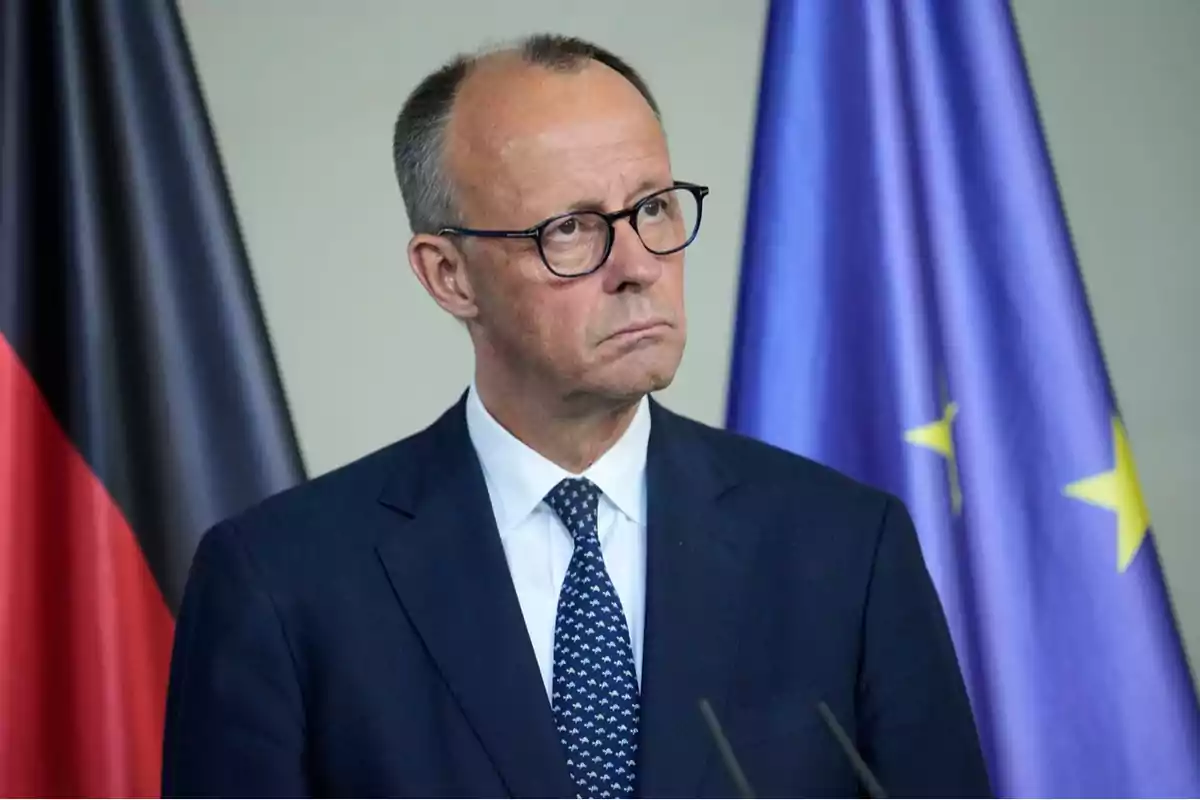
Putin, meanwhile, has warned that Russia could seize Ukrainian cities like Kharkov and Sumy if Kiev doesn't accept the Kremlin's conditions, considered by many as a disguised surrender.
Merz, in statements to the press, said he has no indication that the United States intends to withdraw troops from Europe, but emphasized that "friends and partners expect more from Germany" in terms of defense.
The deployment also faces logistical and human challenges. Germany has struggled to find enough personnel willing to serve in Lithuania. To address this, the Bundestag approved legislation in January that improves working conditions for soldiers, such as more flexible hours, bonuses, and overtime pay.
The German Defense Minister, Boris Pistorius, reaffirmed that Germany is committed to "defending every inch of NATO territory" and described the new brigade as "a clear signal to any potential adversary."
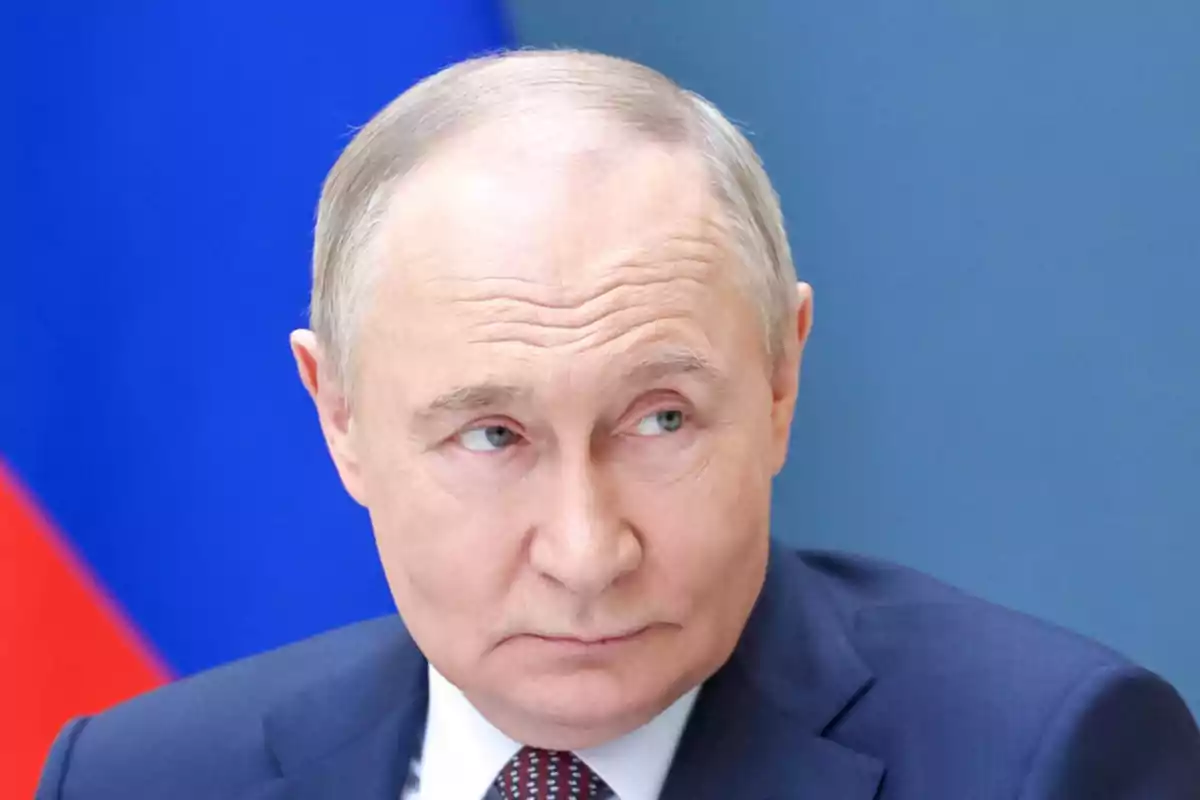
More posts: